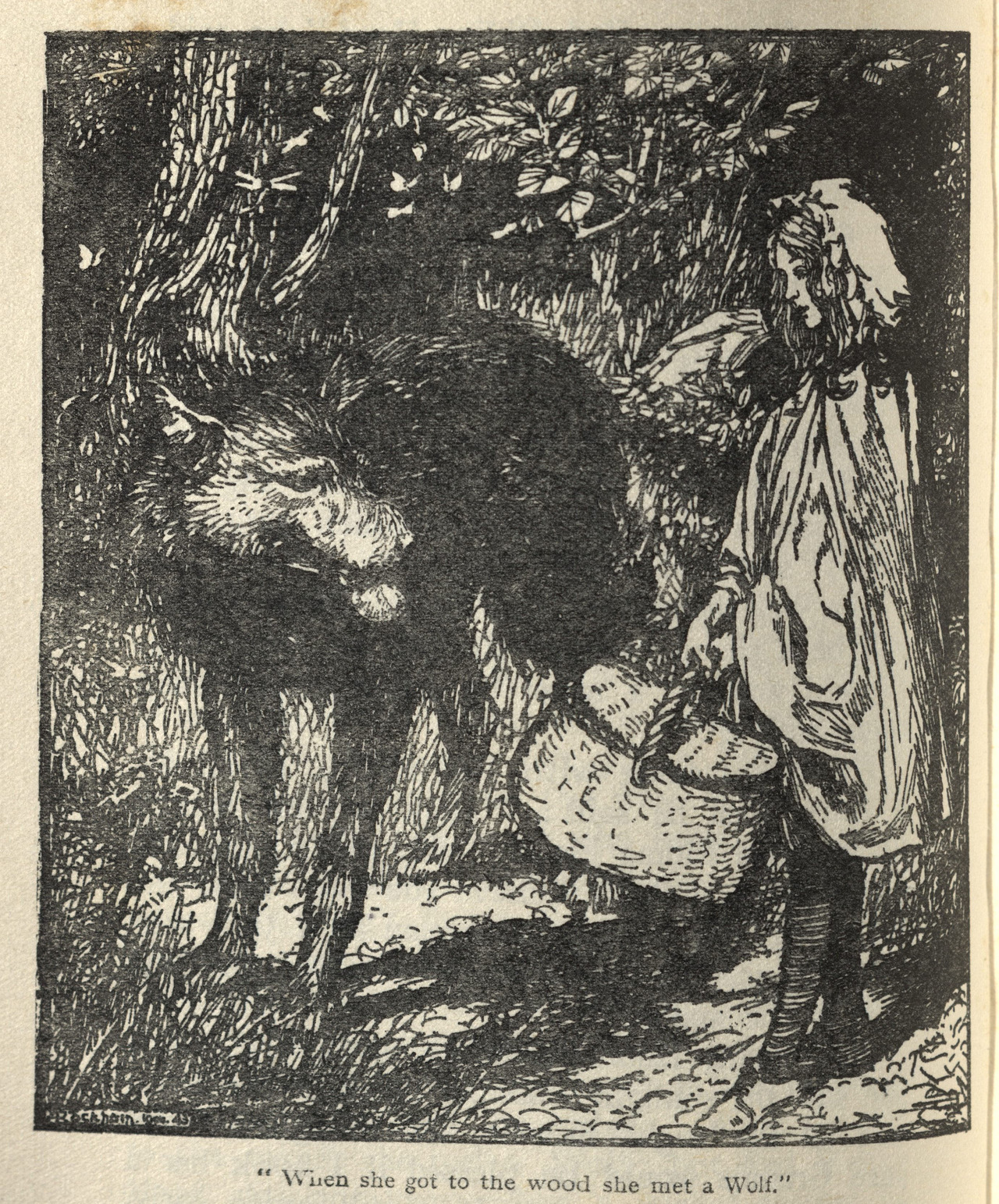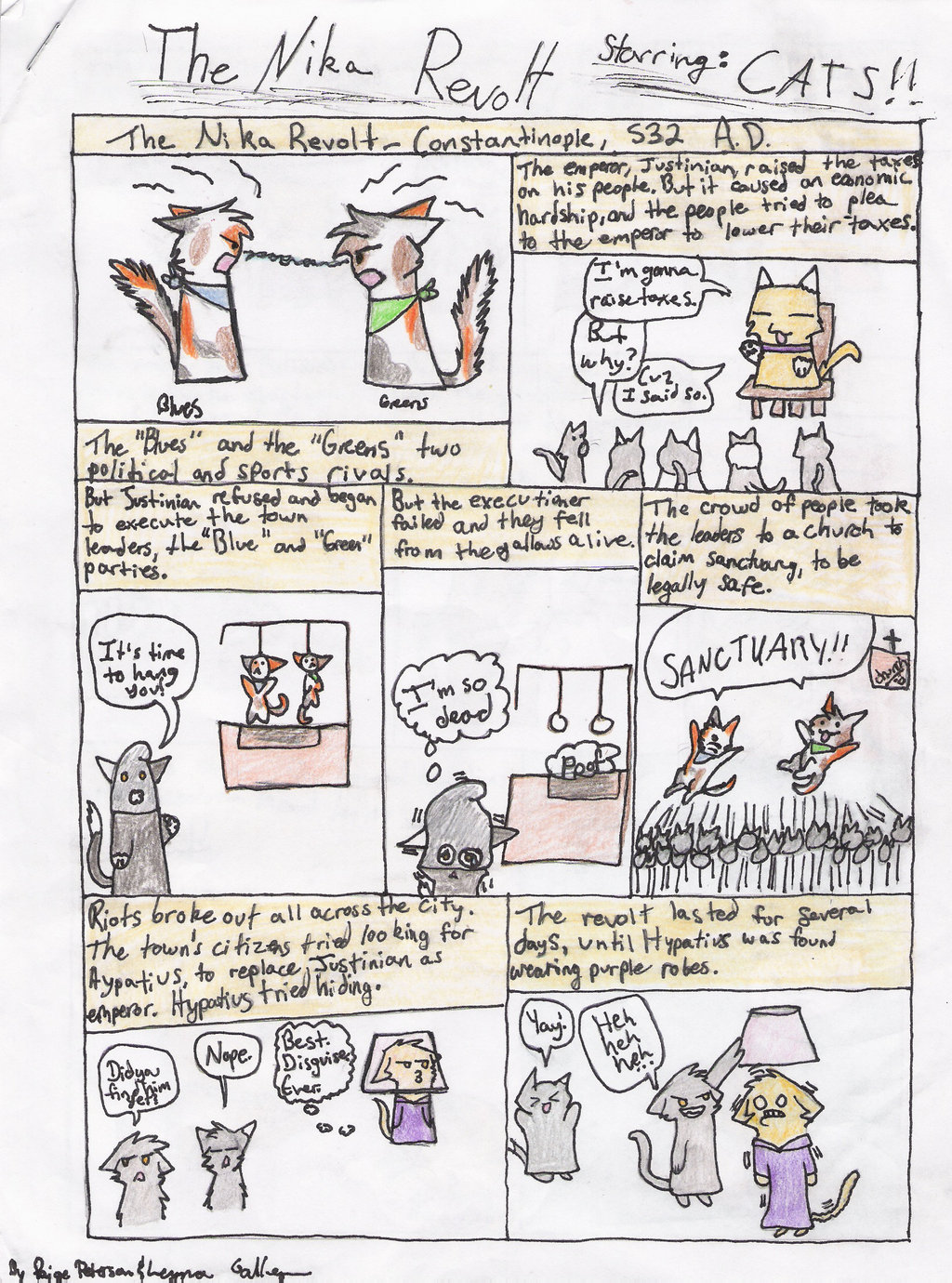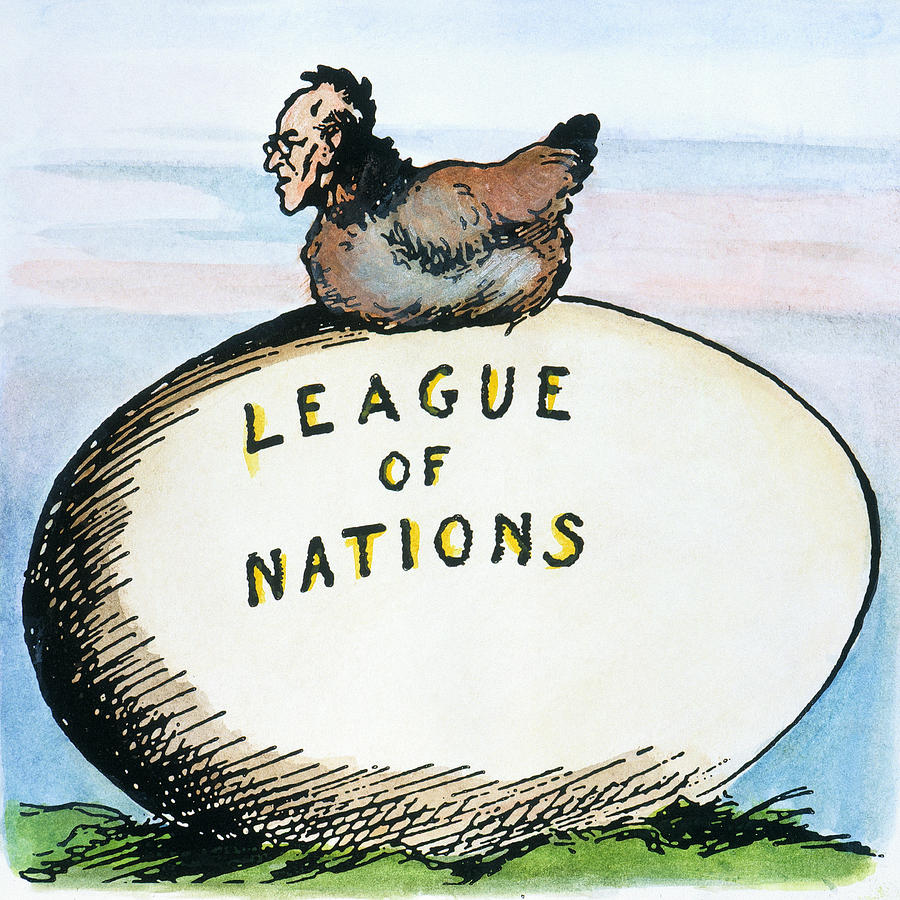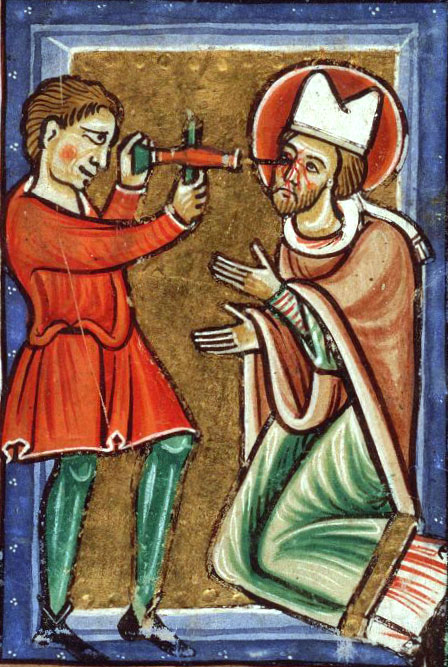Jason Thebes, a third year Arts-Law student at the University of Sydney, enrolled himself in a literature class – Folktales in Comparative Ethnology – taught by the notorious Professor Hubert Krupp. Although Jason was bright, charming and almost exactly not-quite-handsome, he found himself, before the semester was even half over, daunted by the Professor and afraid that he would not be able to pass the subject.
The Professor, a churlish man with an unsettling goatee, was known for locking the heavy wooden doors of the lecture theatre exactly two minutes after the hour and failing any student who was late more than twice in a semester. Professor Krupp was also rumoured to steal the best essays and stories turned in by his students, only to publish them under his own name in obscure academic journals and literary magazines. In actual fact he did not publish them under his own exact name, but under a series of infuriatingly obvious pseudonyms – Humbert Kurpp, Herbert Karpp and Hebleb Krapp – so that he was always able to deny any wrongdoing to the aggrieved students who trooped vainly to his office, high in the University’s East Tower, to complain.
One crisp, autumn Wednesday morning in the final week of lectures, Jason made his way to the lecture theatre only to find the doors closed before him. For the second time that semester he found himself locked out of Professor Krupp’s lectures. This time, however, he had no way of collecting the notice paper for his final assignment. Cursing his timetable, which scheduled Folktales in the East Tower immediately after his Humanitarian Law lectures in the Western Lecture Rooms far away on the opposite side of the campus, Jason made his way to the student bar for liquid consolation.
He had barely finished his second beer when one of his fellow students, a likeable but frivolous oaf called Markus, entered the bar. Grinning broadly, he waved a sheaf of papers in Jason’s face. “Don’t worry,” Markus said. “I picked up an extra set of the assignment notices. The Professor says that we have until Friday to write our own folktale. The assignment notice lists all the mythemes that must be included and those that must be avoided. At least eleven of Propp’s thirty-one narrative functions must be utilised and appropriate acknowledgement made of Greimasian actantialism and structuralist semiotics.”
Jason groaned. “I literally have no idea what you just said.”
“But it was all in the lectures, man. Weren’t you paying attention?”
In fact, Jason had taken Folktales in Comparative Ethnology simply because the most beautiful girl he had ever seen, a Literature major called Estella Castle, had enrolled in the subject. Consequently he had spent most lectures gazing, lovelorn, at the slender curve of Estella’s neck or the golden fall of her hair. In an entire semester he had managed to say no more than five words to her. Once, on the second day of lectures, reaching to the ground to retrieve a pen that had fallen from the desk at which she was seated, he had said, “I think you dropped this.”
“Never mind,” Markus consoled him. “I’ve got just the thing.” And, holding up a silver thumbdrive which glinted in the bar’s warm, ambient light, he leaned forward and whispered, “Proppian narrateme generator. It’s simple. You input the variables you want – for instance your hero is a soldier recently returned from war, the villain is a rapacious industrialist, the princess is his daughter and the helper is a djinn. Then you schedule the appropriate narratemes from Propp’s morphology, an interdiction, a violation, a disappearance, reconnaissance, deception, test, the donation of the helper, a further task, a pursuit, a rescue, the hero returns, the task completed, the princess won. And it spits you out a folktale. Or you just put in the formula for any of the folktales in the corpus and it shuffles the variables and turns you out a whole new tale using the same structure as a classic tale.”
Jason reached uncertainly for the silver device. “Are you sure?”
Markus grinned. “Of course I’m sure. Take it and use it. Bring it back to me tomorrow. I’ve got a few other, um, friends who will pay for the privilege.”
Gratefully, Jason took the thumbdrive and hurried back to the flat he shared with three other students. Immediately he set to work installing the narrateme generator on his own laptop but found it harder to use than Markus had indicated. At first it wouldn’t recognise his operating system and then it required more free memory than he had available on his hard drive. After he had deleted a host of movie files and his entire music collection he was able to install it. Even then, though, the narrateme generator demanded he download an obscure plug-in before it would open, but the plug-in site seemed to be rife with scripting errors and refused to acknowledge his registration or allow him to download.
Finally, at 3 a.m., he went to bed, frustrated and exhausted.
The next day, he gathered up the thumbdrive and laptop and – feeling slightly nauseous from sleep deprivation – sought out Markus in the student bar. “You’ve got to help me,” he groaned. “It won’t even install and the story is due tomorrow.”
“Give me a look,” said Markus, flipping open the laptop’s lid and jamming the thumbdrive into the USB port. Then, with half a dozen ferociously competent keystrokes and a final flourish he closed the lid and removed the thumbdrive. “All sorted. Everything should be fine now. Go work on your story in the library. I have to meet my other friends.”
In the library, Jason fired up the program and was relieved to see the start-up screen where all the folktale variables could be changed. Selecting a classic tale from the drop-down menu, he began to modify the story’s variables. However, he found that no matter what he did he couldn’t initialise the helper call-function correctly and every story he attempted featured the hero being assisted by a small wood-duck or a fog of slightly viscous green droplets – neither of which seemed appropriate to the stories they were part of.
After seventeen separate story attempts, each less convincing than the last, he returned to the student bar, where he found Markus in a darkened booth near the back, beer in hand, in conversation with Estella Castle. He was barely able to register his surprise – part delight at being so close to Estella and part horror that she was drinking, alone, with Markus – before she excused herself and slid gracefully from the booth.
“I couldn’t get it to work properly,” Jason complained, sitting in the just vacated seat and savouring the lingering warmth and slightly autumnal scent of Estella’s perfume as he did so. “The most successful story it came up with had a downtrodden carpenter defeating a mighty emperor’s strongest champions with the help of a small wood-duck called Gavin. It was ridiculous. And I don’t even want to talk about the less successful stories.”
Markus frowned. “Hmm, I think I know what it could be. Give me your laptop. I’ll fix it tonight and have it back to you, along with your story, in time for the final lecture tomorrow. In the meantime, let’s have a drink.”
The next morning, having overslept and waking with an awful hangover, Jason found himself – for the third time in the semester – locked out of Folktales in Comparative Ethnology. Professor Krupp, of course, failed him. He wasn’t able to enrol in any further subjects as his identity had been sold to Russian data thieves. And whenever he tried to find Markus for help sorting out his problems, Markus was always too busy spending time with his beautiful new girlfriend.
File under: post-structurally adjusted | the goose that laid the poison egg





